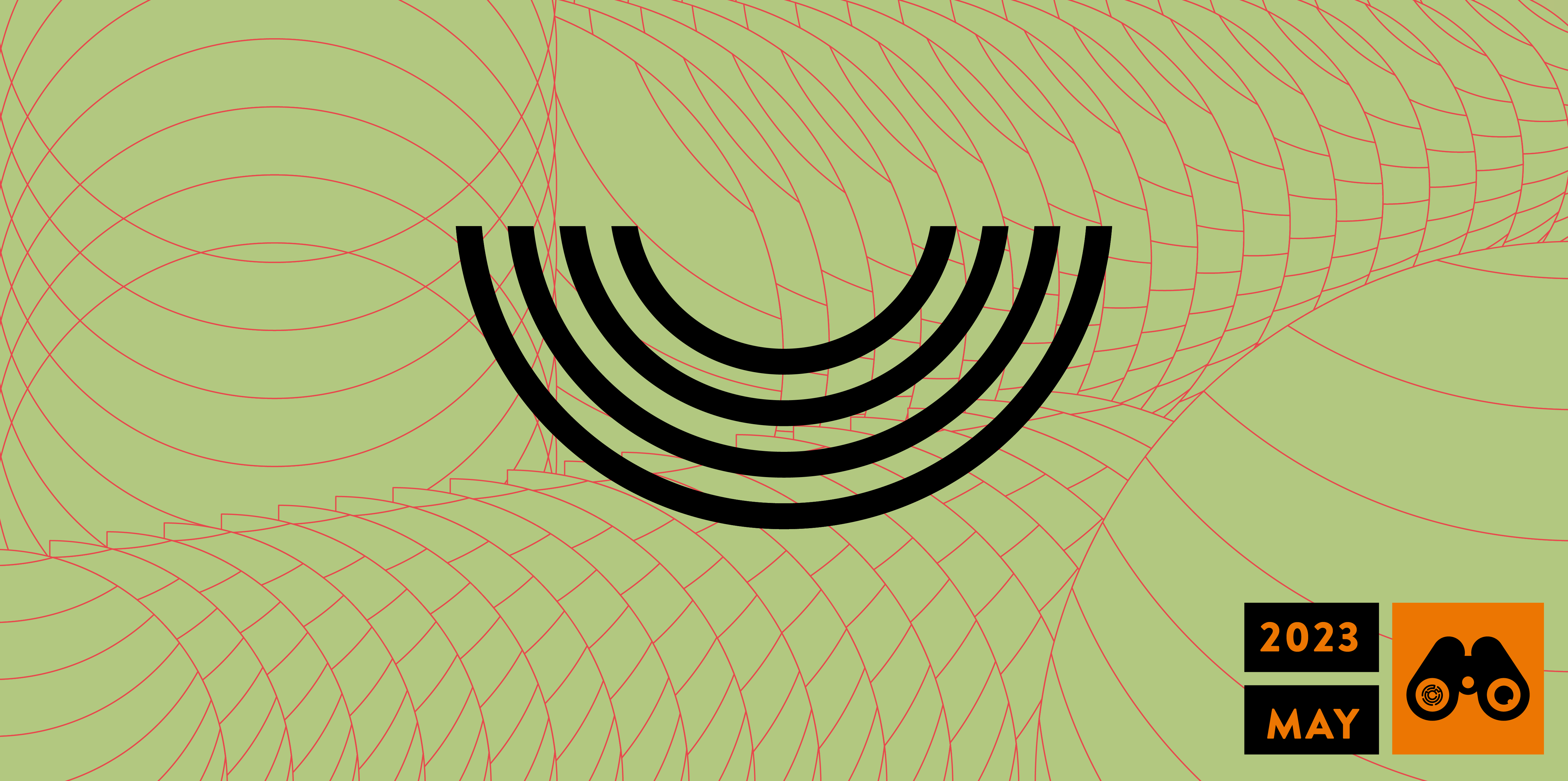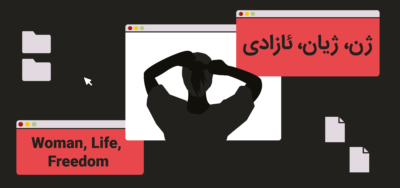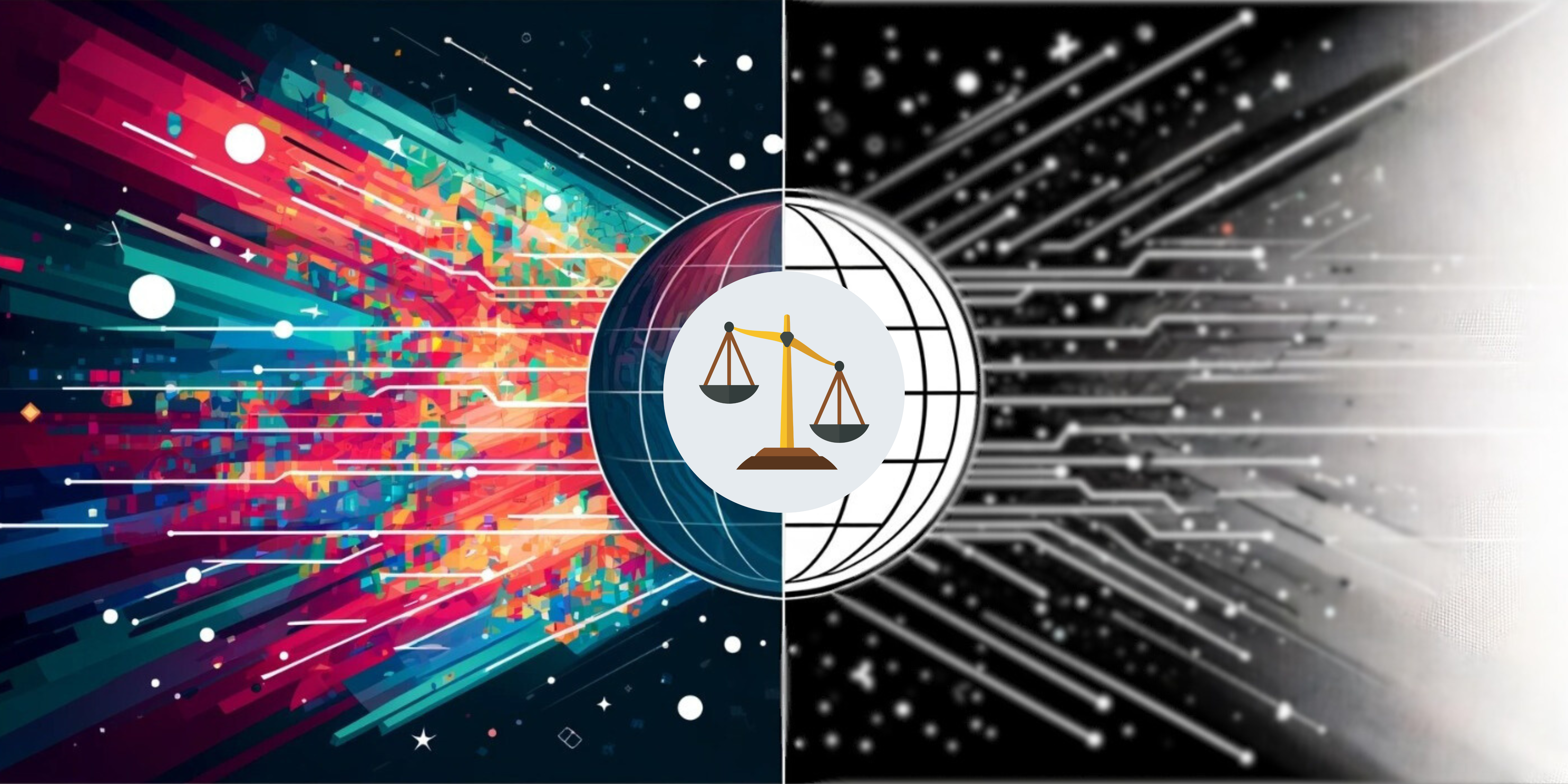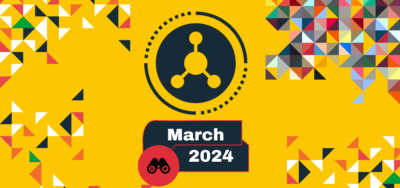This month, several important legislative developments dominated internet-related developments including the release of the draft Seventh Development Plan, and new legislation giving the Supreme Council for Cyberspace more authority, and agreements on the licensing of video-on-demand content.
The issue of domestic messaging apps and pushing users away from international services still remains a priority for the ICT Ministry as blocks on international apps remain in place while domestic apps struggle to attract users away from them despite various incentives and efforts.
The Draft Seventh Development Plan Reiterates Old Internet Policies and Brings on New Changes
The draft Seventh Development Plan was approved by the government this month and sent to Majles for approval and passing into law. In the Plan, the following provisions were included relating to technology, internet, and digital services:
-
Increasing the share of the digital economy by up to 10 percent
-
Ministry for Culture and Islamic Guidance and the Islamic Republic of Iran Broadcasting (IRIB) to work together on licensing for online services and audio-visual content such as books, videos, games, films, series, and advertising.
-
The creation of a nation ID database by the Civil Registration Office.
-
The National Centre for Cyberspace to be responsible for “security and management of cyberspace” in cooperation with the armed forces.
Another clause from the Development Plan which drew much attention was the inclusion of a part of a Supreme Council for Cyberspace (SCC) resolution requiring the ICT Ministry to increase the use of domestic bandwidth to 70 percent, a long time SCC policy goal in Iran. While some outlets reported that the clause had been removed from the Plan according to comments by the ICT Minister Eisa Zarepour, the changes made according to Zarepour are only due to the fact that “development plan figures should not be expressed as percentages,” which suggests that the policy itself has not in fact changed.
Ministry of Culture and Islamic Guidance and the Islamic Republic of Iran Broadcasting Reach an Agreement on Online Broadcasting
On 31 May Mohammad-Mehdi Esmaeili, the Minister for Culture and Islamic Guidance announced that the Ministry had reached an agreement with the Islamic Republic of Iran Broadcasting (IRIB), placing the IRIB’s audio-visual regulatory body known as SATRA in charge of issuing licenses for TV shows – including video-on-demand services – and live broadcasting. The Ministry for Culture and Islamic Guidance will remain in charge of other entertainment licensing such as for cinematic features, music, and advertising.
The issue of VoD licensing in Iran has been an ongoing debate for some time, with VOD service providers opposing the IRIB’s and SATRA’s involvement in this area given the conflict of interest as the body’s monopoly on television broadcasting. Filterwatch has already written in detail about the politics of VOD services and internet-based television in Iran.
A New Law Prevents Iran’s Administrative Justice Court from Overturning Supreme Council for Cyberspace Resolutions
On 24 May, the “Amendment to the Law on Organizations and Procedures of the Court of Administrative Justice” passed by the Majles (Parliament) came into force, meaning that the Administrative Justice Court will no longer be able to challenge the Supreme Council for Cyberspace’s decisions and resolutions.
Use of Internet Shutdowns During University Exams in Iran Remains Unclear
This month, the Education Ministry has once again called for international internet shutdowns during university entrance exams “to prevent cheating and leaks of questions.” Meanwhile at the same time the ICT Minister, Eisa Zarepour has denied that any internet shutdowns will take place during university exams. However, this rhetoric is following the same pattern from earlier this year where for the first time in Iran, a localized internet shutdown was implemented in the areas where entrance exams were taking place for the duration of the exam. Despite prior notice, the shutdown caused major disruptions to local businesses and those residing in the area.
Three Iranian Messaging Apps Experience Major Disruptions
On 11 May three domestic messaging apps, Eita, Soroush Plus, and Baleh experienced major disruptions. According to the ICT Ministry the disruptions were caused by electrical issues at a data center serving the apps. According to Iranian news outlets the issue was resolved the same day. These disruptions come as Iranian authorities continue to force users onto domestic platforms while international messaging apps such as WhatsApp, Telegram, and Signal remain blocked and inaccessible without the use of VPNs and circumvention tools.
Iran’s ICT Minister: “One Million People Have Used the Children’s Internet”
On 13 May Iran’s ICT Minister Eisa Zarepour claimed that “the latest figures” show that “one million users have been using the children’s internet” while placing the total number of students at 16 million, making this a comparatively low figure. While Zarepour did not reveal how the figure is measured, there have been major efforts to create a children’s internet ecosystem in Iran which only makes available content and services approved by the ICT Ministry and other government authorities. Filterwatch has already written about “children’s internet” in more detail here.
Iran’s ICT Minister Claims 90% of User Messaging Interactions Are Domestic
On 10 May Iran’s ICT Minister, Eisa Zarepour claimed that 90% of user messaging interactions in Iran are domestic. Despite this major claim, it is unclear how this figure was calculated, though it appears to be yet another attempt by Iranian authorities to downplay the need for international internet bandwidth and to continue to maintain the blocking of international platforms.
Iran’s Minister for Science: Unfiltered Internet for University Teaching Staff Will Be Enforced Soon
On 31 May Iran’s Science Minister, Mohammad-Ali Zolfigol announced that following the creation of a list of university teaching staff, access to unfiltered internet will be given to them soon so that international content and platforms blocked to ordinary users can be accessed by them. This is one of the latest moves in implementing layered or tiered filtering in Iran, which grants different levels of access to the internet based on occupation and social status, as approved by the government.

Iran’s ICT Ministry Claims to Be Consulting With Samsung and Huawei to Enable Video Calls on Android Mobiles
On 10 May, in an interview, Eisa Zarepour said that the ICT Ministry is in communication with certain companies such as Samsung and Huawei in order to enable video calls in Iran via Android mobile phones without needing to download an app. While how advanced the discussions with these tech companies are remains unknown, the ICT Ministry has been pushing for the use of domestic messaging apps instead for calls and communication in the country.






